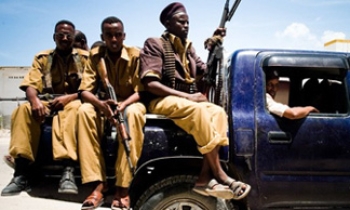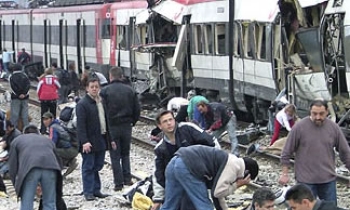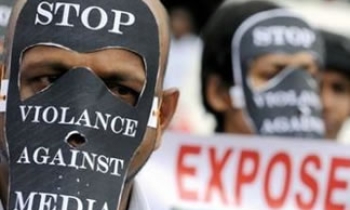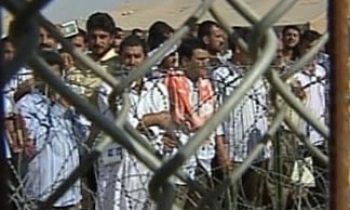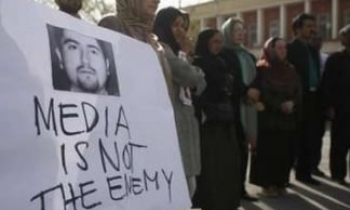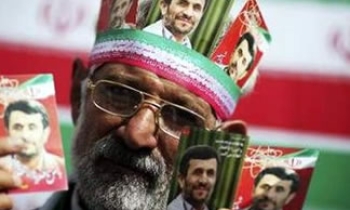The attacks that killed almost 3,000 Americans on Sept. 11, 2001, started a new kind of conflict, one that President Bush calls a war on terror. As the months and years pass, the war fades into the background of many Americans’ daily lives.
But the cost is very real, and it’s constantly escalating. It’s the duty of journalists to keep the American public aware of this cost.
In its pages of coverage on the Iraq war, The New York Times prints the number of American service members killed in Iraq as disclosed by the Department of Defense.
Friday this count stood at 2,662 servicemen killed. But this number represents only a small fraction of the cost of this war. In July and August alone, American losses are eclipsed by the 3,355 Iraqis killed in Baghdad.
The numbers are overwhelming even without considering the human significance of the individuals lost. The latest American casualty was Army Sgt. David W. Gordon. He was 23 years old.
Journalists today face a tough task recording these costs because the way the United States fights its war is changing significantly.
Private contractors are not included in the number printed by the New York Times, but they increasingly are becoming key members of the U.S. war-making and nation-building machine.
The Christian Science Monitor estimates 50,000-100,000 private contractors work in Iraq in addition to the 145,000 military members serving there now. Twenty thousand of these privateers are armed.
They provide personal security for U.S. And Iraqi officials and for other contractors supporting the U.S. military and the Iraqi government.
I know three people who worked as contractors in Iraq, and I have been exposed to the very real cost of using private contractors to the extent they are used in Iraq.
The first of these contractors, a former employer of mine, was captured and beheaded by Abu Musab al-Zarqawi’s militant group.
The second man returned home safely after working in Baghdad for nine months as a personal security contractor and making tens of thousands of dollars more than he would have as a Marine.
The last of these men, who also worked as a private security escort, has just returned home with shrapnel wounds in his legs and a broken pelvis after his vehicle was hit by a roadside bomb. Other men in his convoy were killed, but we won’t find their names listed in the New York Times.
No definitive statistic exists telling how many contractors have been killed. Today, icausalties.org lists 349 contractors killed, 136 of them American. Contractors are ultimately employed by the U.S. government.
Why isn’t our government disclosing the number of dead contractors? Knowing how many private contractors have been killed would provide insight into the way we, as a nation, are now conducting our wars. That information is as significant as the number of servicemen whose deaths are recorded by the New York Times. Having no definitive number about the number of private-sector deaths in Iraq seems to tell me journalists aren’t keeping up with the institutions its supposed to watch.
Journalists work very hard to tell the American public about the changing nature of this war, but the correspondents undertaking this duty face danger on an unprecedented scale.
The Committee to Protect Journalists documents 77 journalists killed in Iraq since 2003. That’s more than the 68 journalists killed covering World War II and the 66 killed in the Vietnam conflict as recorded by the Freedom Forum.
My instructors at the Grady College of Journalism and Mass Communication lecture that, in order to maintain trust and credibility, journalists must convey with transparency the machinations of the news industry. But is the U.S. government being transparent in the way it makes war? Does the use of private contractors make it harder for the American public to understand the real cost of this war? Are journalists doing a good enough job in documenting this change?
We — the American public, not just journalists — are obligated to ask these questions. And we’re entitled to their answers as we decide how we will fight our wars, build nations and shape the world in which we live.
— Joe Mason is a stringer for The Red & Black

